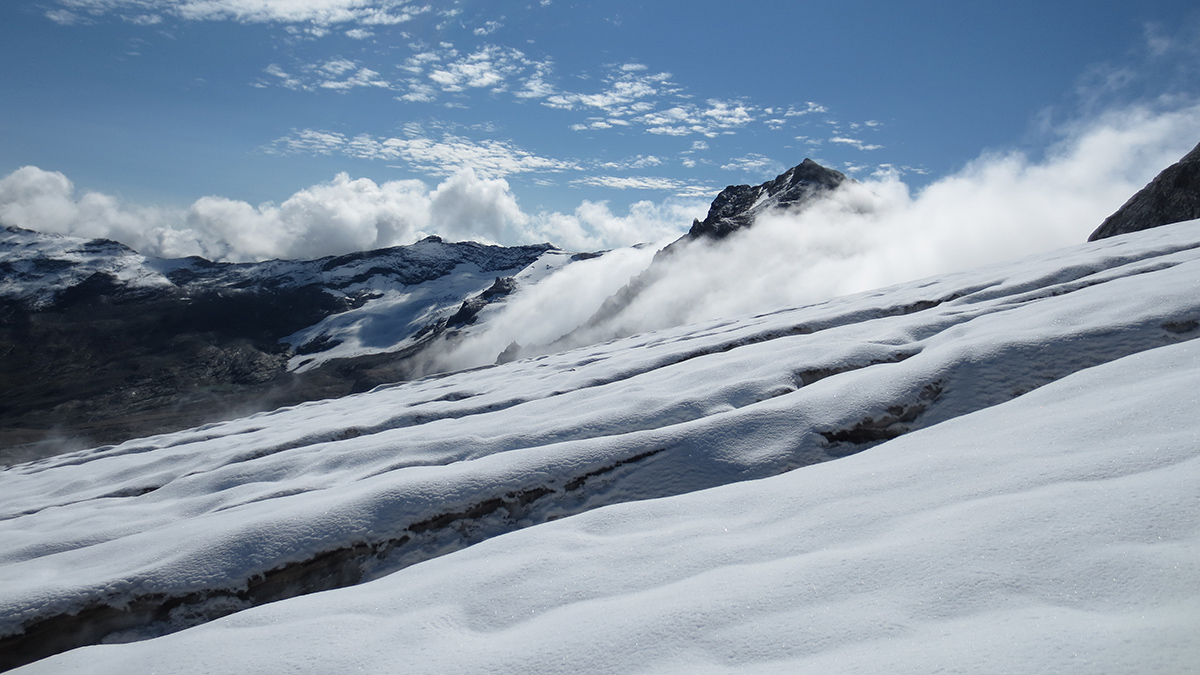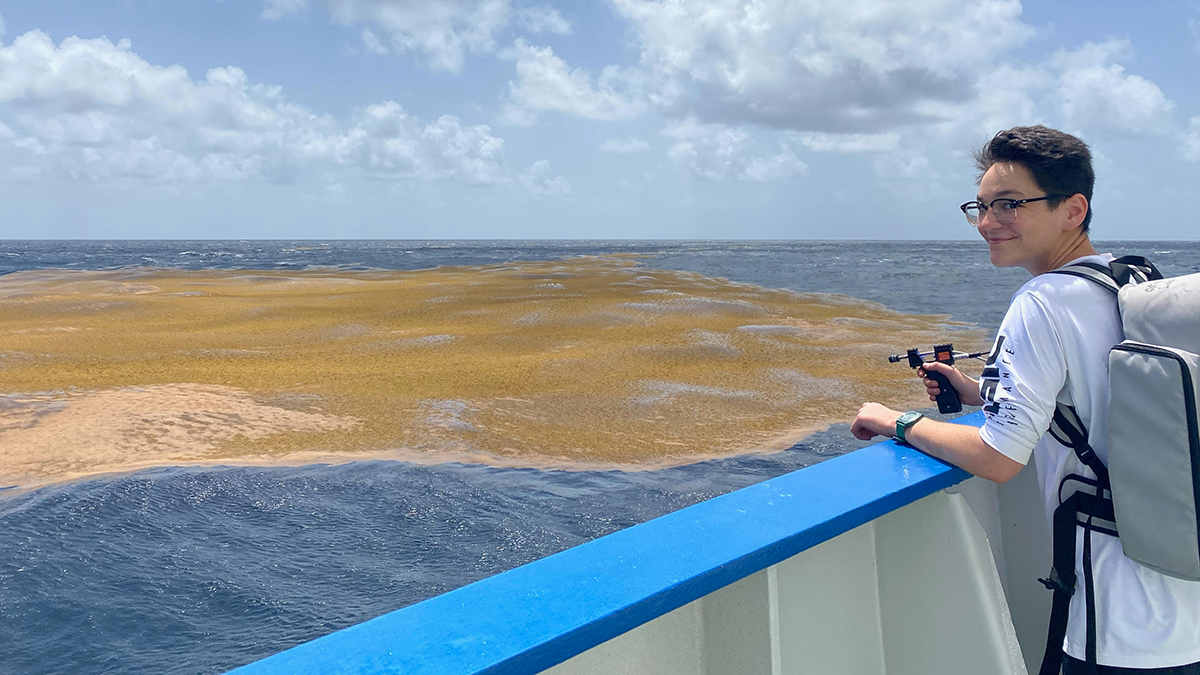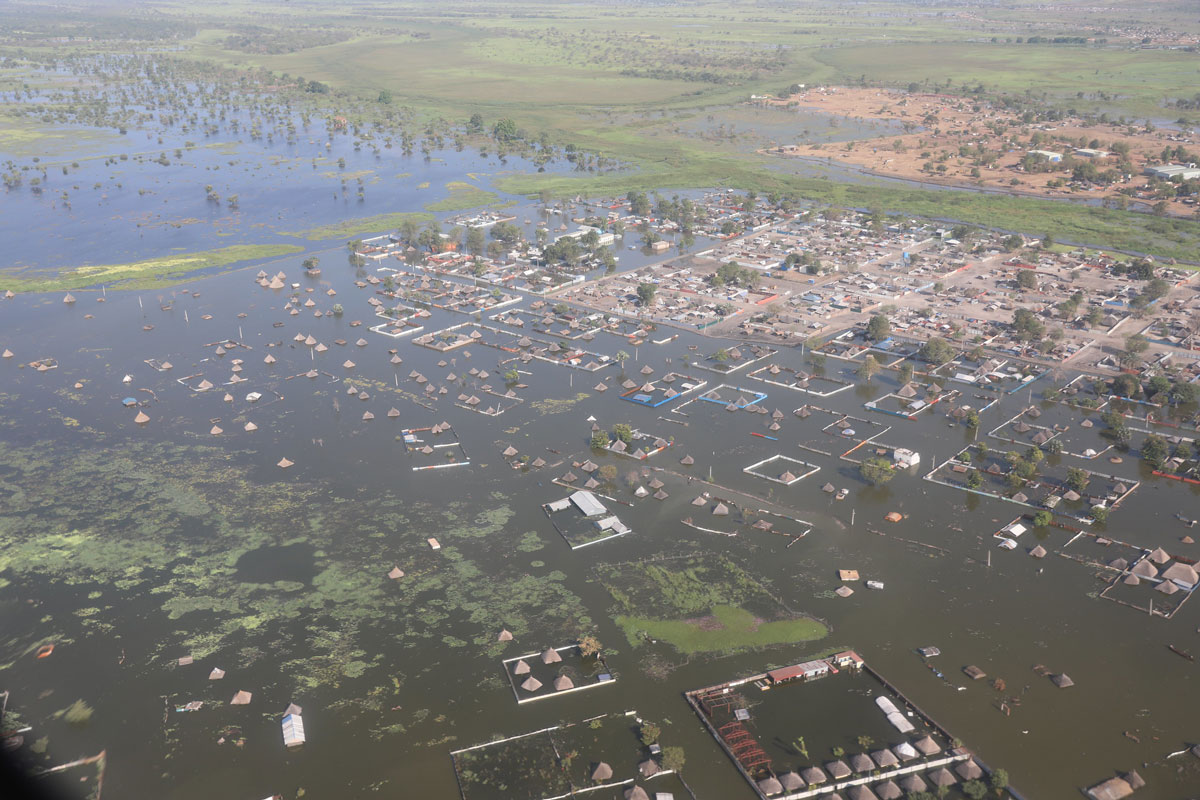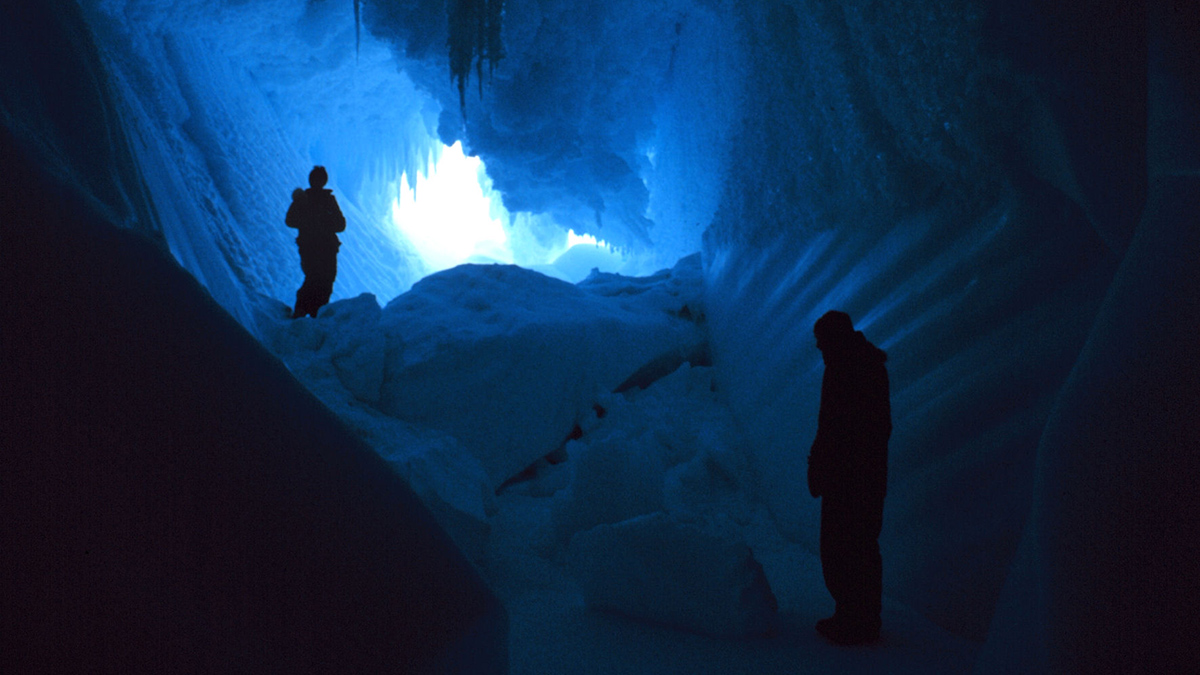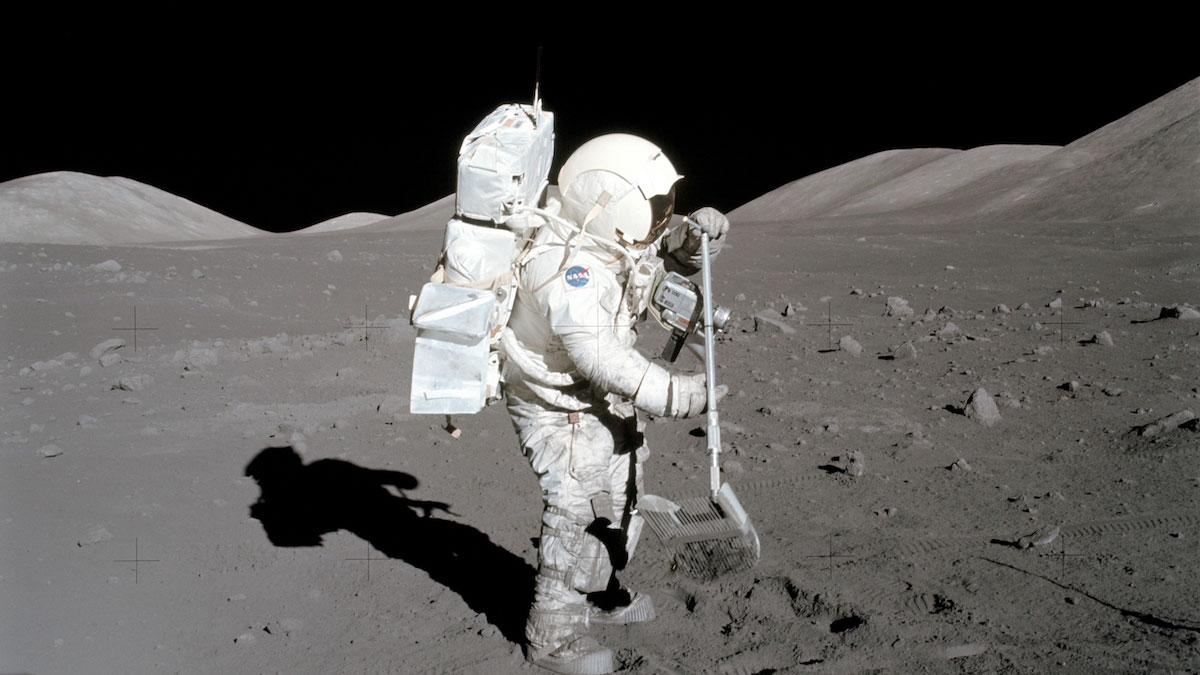Uncertainty in climate models could mean Earth systems are perilously close to their tipping points, scientists warn.
temperature
Los glaciares se están calentando más lentamente de lo esperado, pero no por mucho tiempo
Un conjunto de datos sin precedentes ofrece información sobre el efecto de enfriamiento contraintuitivo de los glaciares a escala global.
The Past 3 Years Have Been the Three Hottest on Record
Extreme heat in 2023, 2024, and 2025 indicates a warming spike, a new analysis finds.
The Northern Sargasso Sea Has Lost Much of Its Namesake Algae
There’s less than a tenth as much Sargassum as there was a few years ago, a shift that may be linked to increasing sea surface temperatures in the Gulf of Mexico.
Temperatures Are Rising, but What About Humidity?
Humid heat extremes are less frequently studied, but no less important, than those of dry heat.
A “Lava World” Unexpectedly Hosts an Atmosphere
TOI-561 b, an exoplanet roughly 275 light-years away, seems to have a thick atmosphere despite being wildly irradiated by its host star.
Marine Heat Waves Can Exacerbate Heat and Humidity over Land
Researchers found the unprecedented 2023 East Asian marine heat wave increased land temperatures and humidity by up to 50%.
Could Future Mars Habitats Be Made of Ice?
Models suggest that clear ice, sourced and distilled on Mars, could offer a feasible alternative for building stable off-world structures.
Astronauts Could Live in Structures Made from Moon Rocks
Scientists are testing “mooncrete,” a concrete analogue made from lunar regolith, as a potential material to build structures on the Moon.
California Schools Are Feeling the Heat
Even though trees help keep children safe from the Sun, some school districts have lost 25% of their tree canopy in just 4 years.


